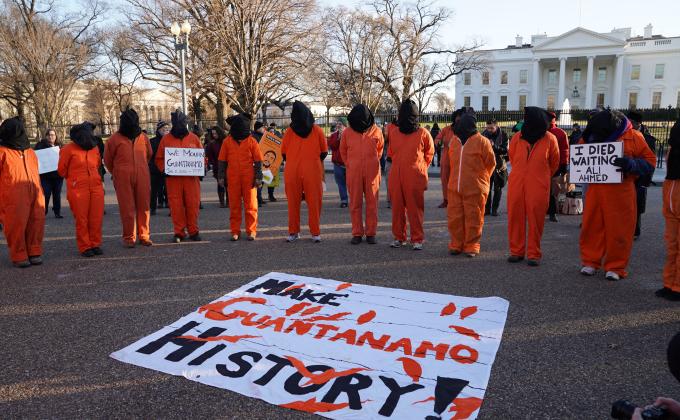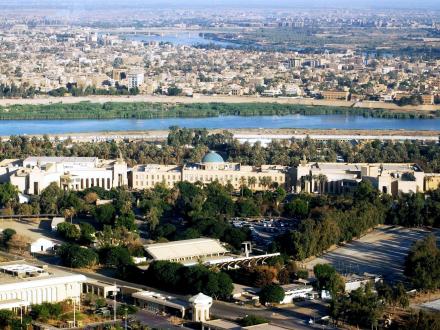Children have always been among the most vulnerable victims of violence and, at times, some of its brutal purveyors. They have played various roles in furthering violent extremism and participating in acts of violence, ranging from inciting propaganda online to carrying out deadly attacks. Rather than exceptionalizing these children, their treatment under the criminal justice system should be grounded in juvenile justice standards.
To advance the work of the Global Counterterrorism Forum (GCTF), the government of Australia commissioned the Global Center and the International Centre for Counter-Terrorism – The Hague (ICCT) to prepare a report and accompanying policy brief putting forward guiding principles, recommendations, and considerations for the detention, rehabilitation, and reintegration of juveniles convicted of terrorism and violent extremism offenses. Together, they advance a juvenile justice approach for authorities responsible for their care and support the notion that national security interests and juvenile justice imperatives are compatible and mutually reinforcing in preventing and countering violent extremism.
Responding to a call from the GCTF Neuchâtel Memorandum on Good Practices for Juvenile Justice in a Counterterrorism Context to collect and collate information on children engaged in terrorism-related activity, the report takes stock of theory, policies, and practice globally. The recommendations draw from international juvenile justice standards, the emerging body of principles and practices in the detention of adult violent extremist offenders, and the national experiences in demobilizing and reintegrating child combatants and members of organized criminal groups.
The report elaborates on the Policy Brief that was formally adopted by the GCTF in December 2016. The policy brief was adapted for publication in EuroVista’s Probation and Community Justice Journal, available at http://euro-vista.org/.









